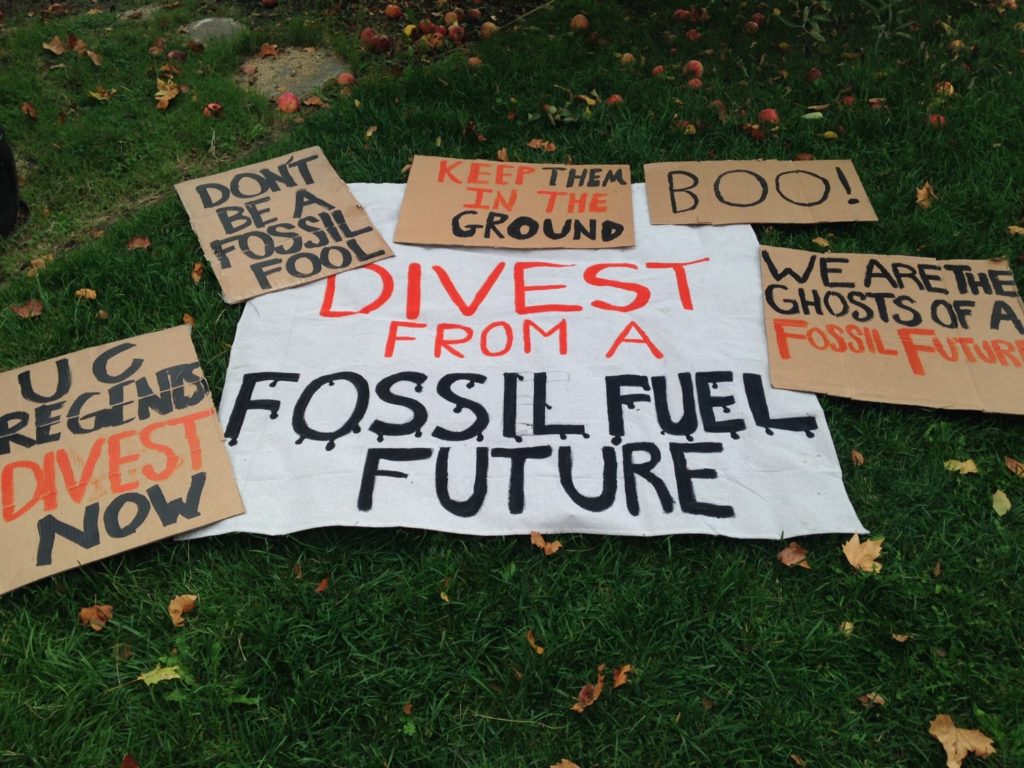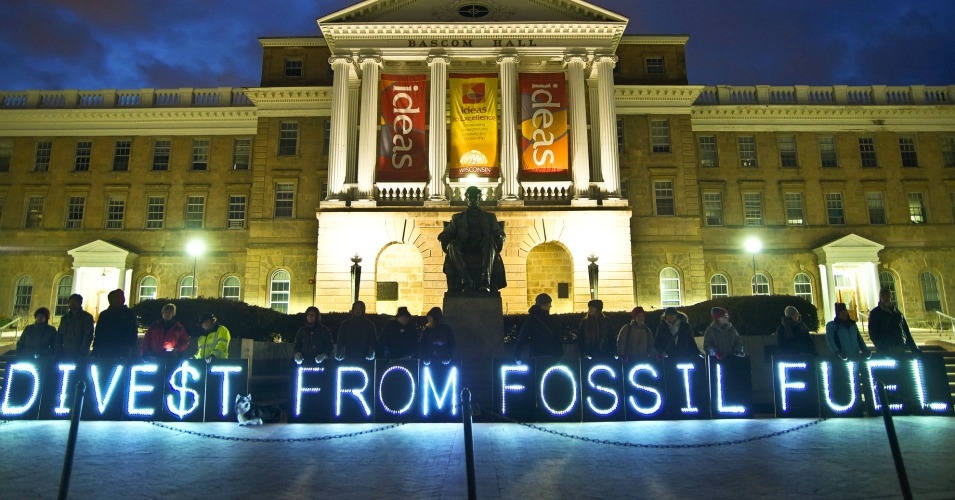
There is an international debate being spurred on in the name of climate change known as “capital flight,” or more commonly known as divestment. The divestment movement is in the process of producing a real change if the momentum continues, already causing a massive blow to the fossil fuels industry, at a loss reported to be in excess of 50 billion dollars over the next five years.
Ironically, it was the Rockefeller Brothers Fund that spurred this move when they pulled all investments from coal and tar sands oil as part of their environmental agenda in 2014. Following that, a mass migration of funds occurred, with over 800 investors following suit, including The Church of England and the World Council of Churches. More recently, California has passed a new legislation, the “Investing with Values and Responsibility Act,” which will see pension funds in the state completely divested from coal in the coming 18 months.
The divestment movement has had a successful history in the past, first being of notable repute in the 1980s when the South African apartheid was at its height. After legislation was introduced to make protesting against the apartheid punishable by imprisonment, university students across American campuses pressured administrations to pull their investments from South African companies. In short, it worked. Within four years racial segregation began to dissolve.
Now the movement has called to protect the environment; putting life before personal wealth. Over 300 American campuses have since made the call for divestment again, actively pursuing support. The Bank of America has taken notice, yet Bill Gates refuses to acknowledge the concern with his Gates Foundation investments. Further, the Wellcome Trust, alongside the Gates Foundation has been scrutinized in The Guardian with an open letter signed by over 1,000 medical professionals vocalizing their disapproval at his investment in fossil fuels. Gates has so far refused to divest his $1.4 billion dollars tied into fossil fuel companies as has the Wellcome Trust. But with the widening support of this trend, it may be in the near future that we see him follow this positive move for change, drawing on the successful campaigning of the past.
This Article (Divestment Trend Costs $50 Billion to Fossil Fuels Corporations) is a free and open source. You have permission to republish this article under a Creative Commons license with attribution to the author and AnonHQ.com.







